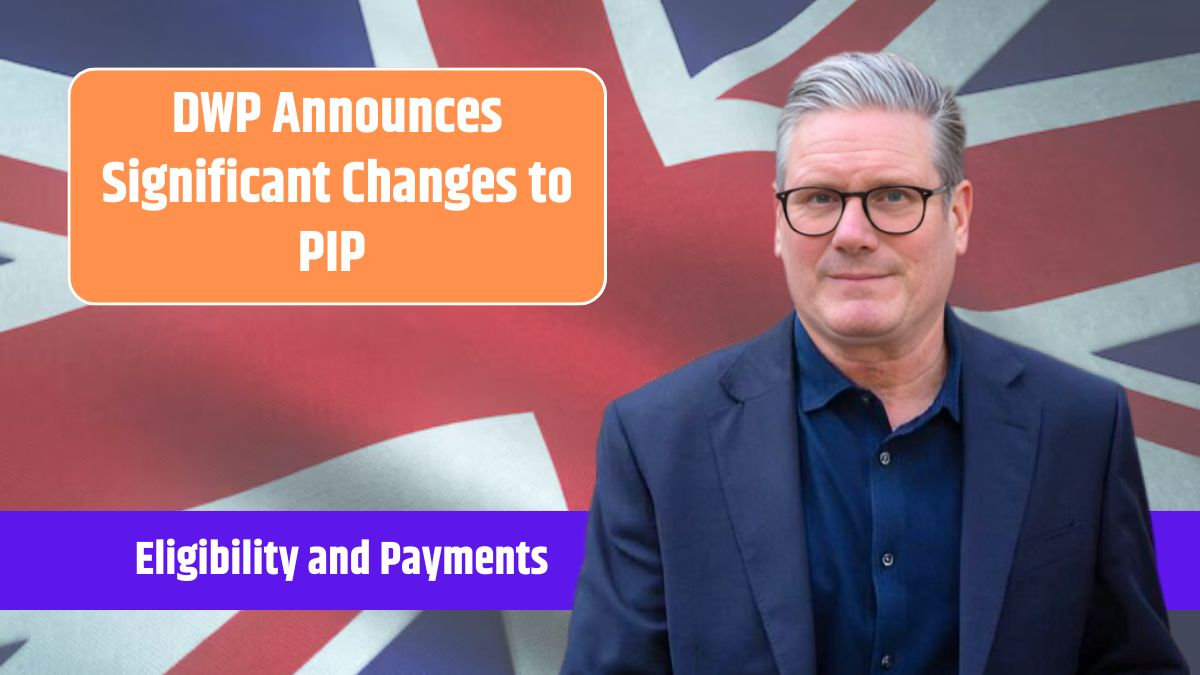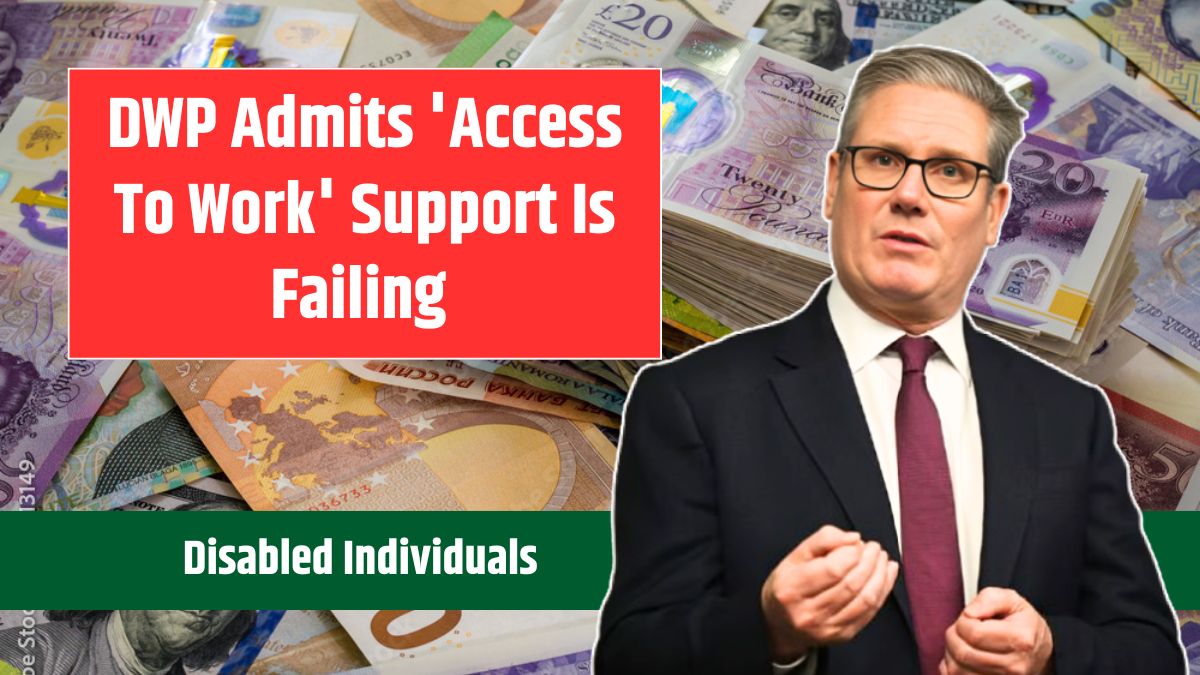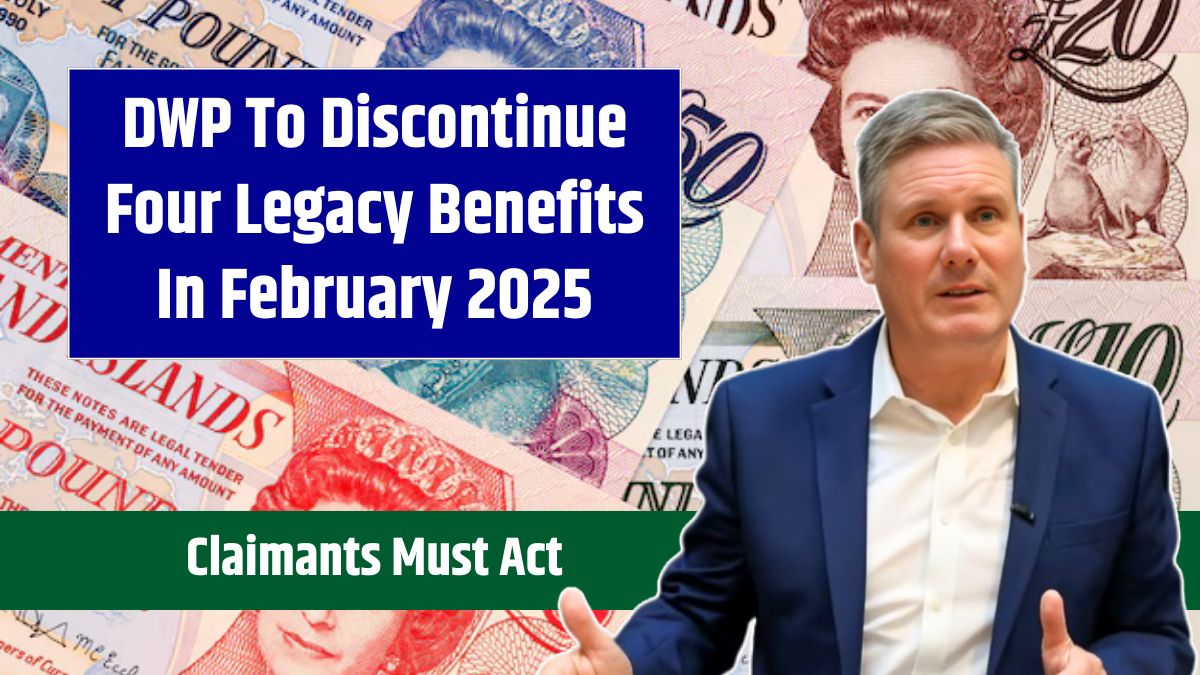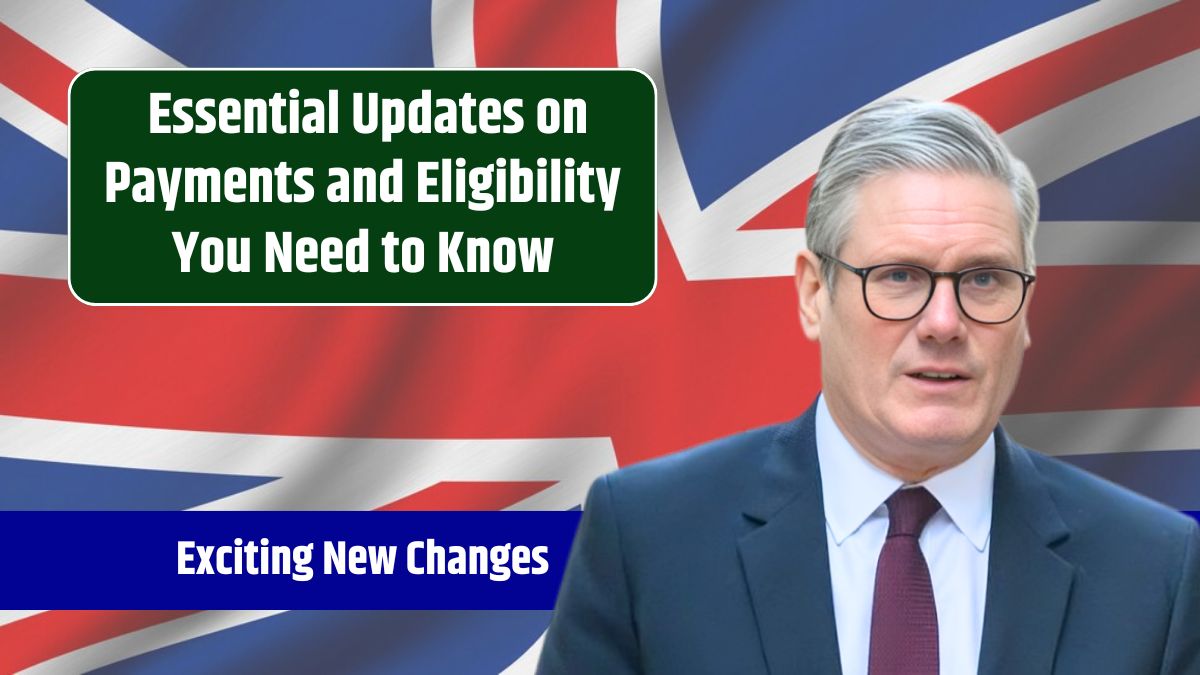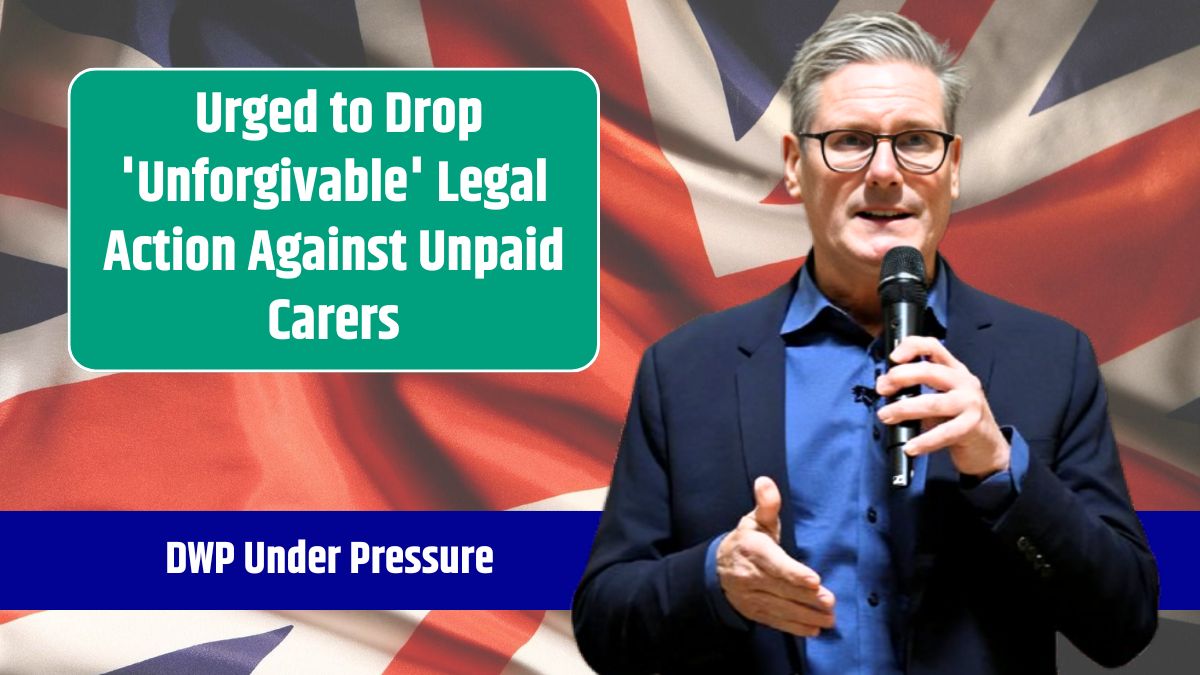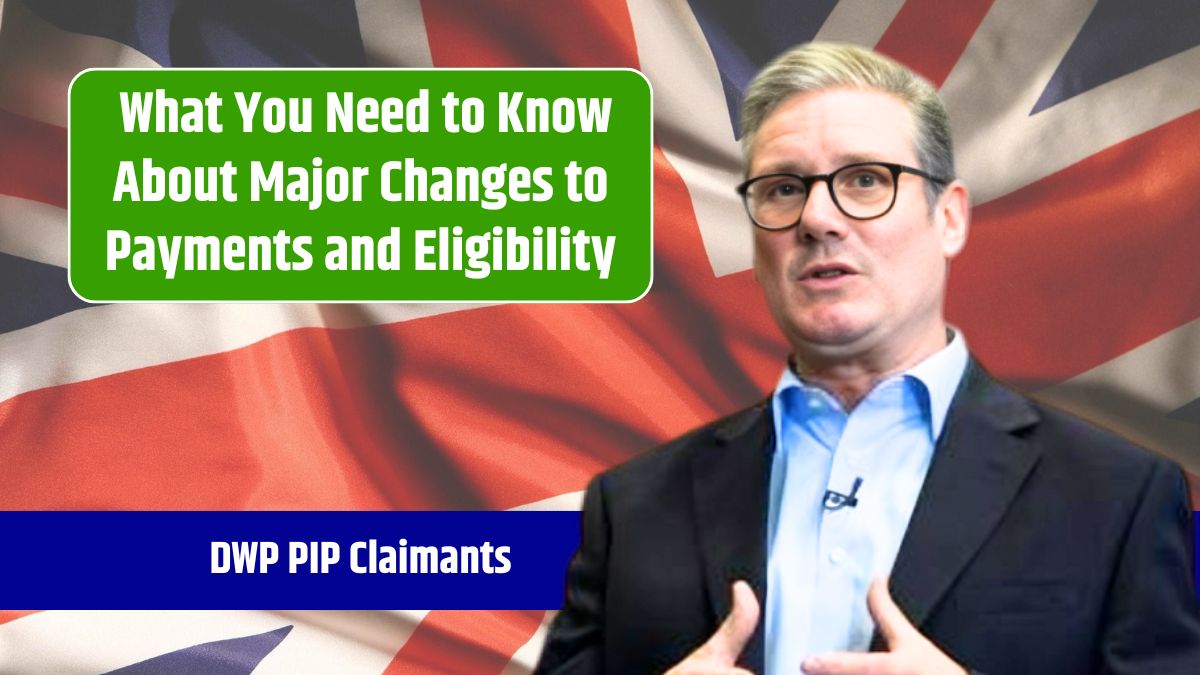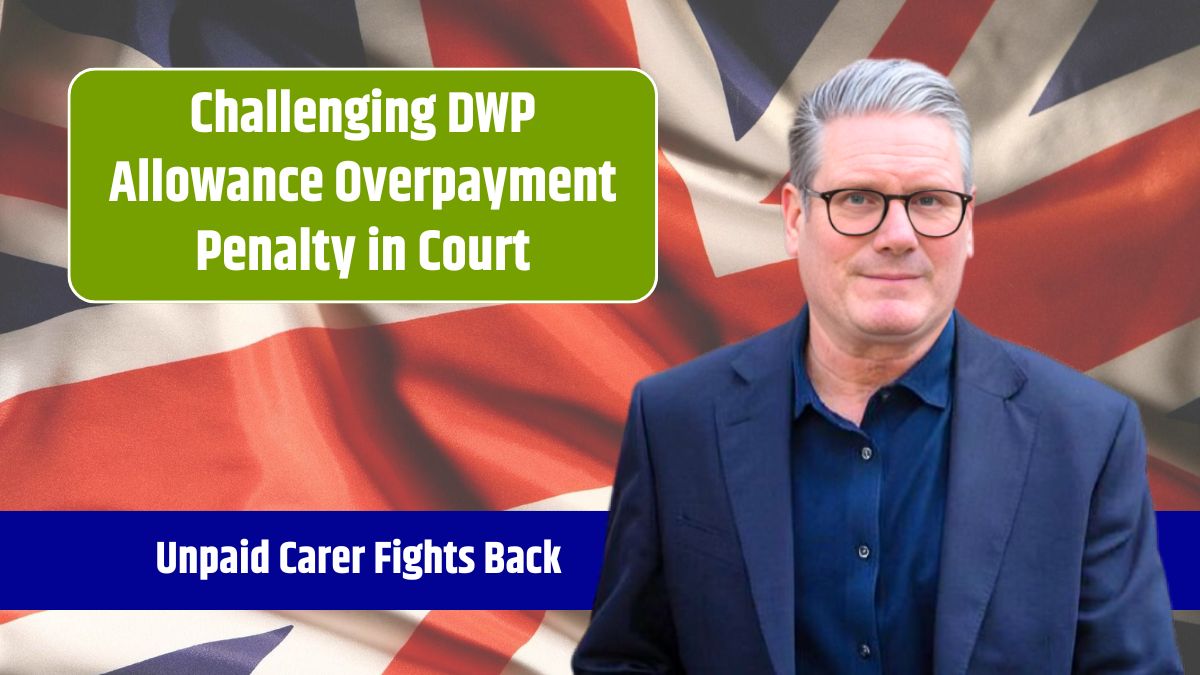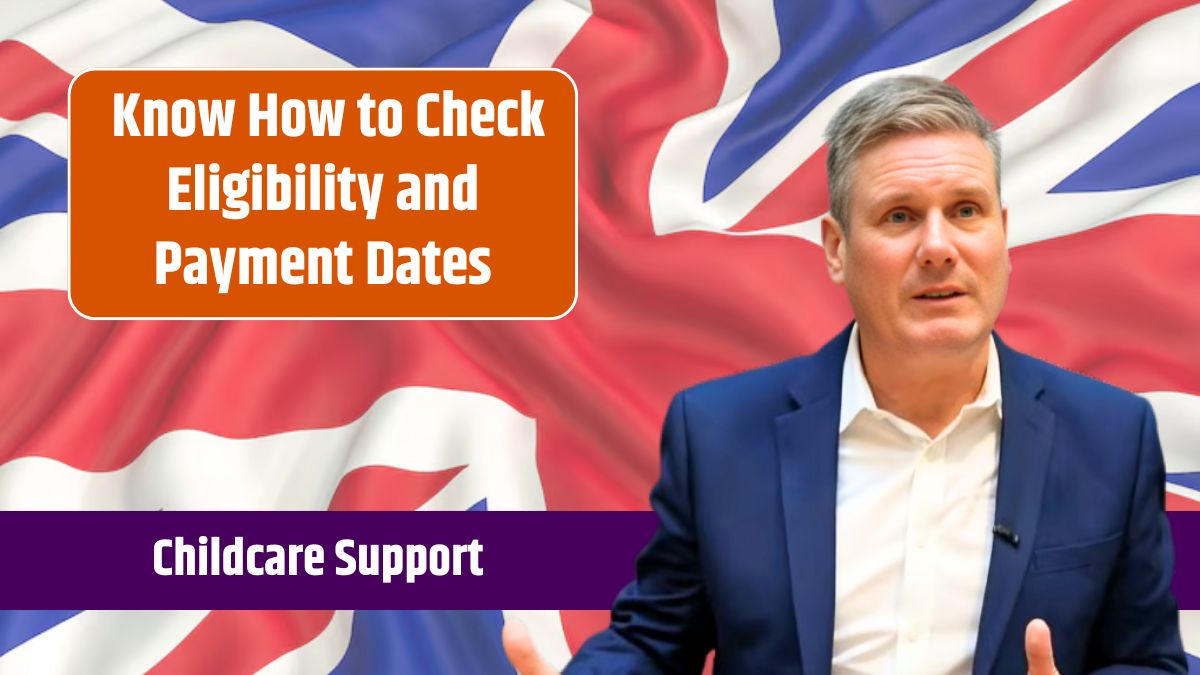The UK government is set to introduce sweeping changes to Personal Independence Payments (PIP), with a complete transformation of the service confirmed by Social Security Minister Sir Stephen Timms.
This comes as part of the Health Transformation Programme, which aims to modernize the benefits system and streamline the application and assessment process for disabled individuals.
So, what exactly does this mean for the millions of people who rely on PIP? Let’s break it down.
Overhaul
The Department for Work and Pensions (DWP) is working on a significant overhaul of PIP, which includes changes to eligibility criteria, decision-making, and payment structures.
The government aims to create a more efficient, accessible, and cost-effective system, although critics worry that some changes may make it harder for people—especially those with mental health conditions—to qualify.
As part of this reform, the government is also developing a single health assessment service that will be used across multiple benefits requiring medical evaluations. This system is expected to be rolled out nationwide by 2029.
Consultation
To ensure that the reforms meet the needs of disabled individuals, the government has promised ongoing engagement with charities, advocacy groups, and those directly affected.
This consultation process is intended to address concerns about accessibility and fairness, though skepticism remains among advocacy groups.
Leading charities, including Disability Rights UK and the Joseph Rowntree Foundation, have expressed fears that the consultation could be a “sham” if disabled individuals are not given a real voice in shaping the final policy.
Labour’s Stance
The Labour government has defended its planned reforms, arguing that they are necessary to balance government spending while ensuring that the system remains fair and sustainable.
The government has pledged to match the £3 billion in welfare savings proposed by the previous Conservative administration but insists that the reforms will not unfairly penalize those who need support the most.
However, some critics argue that the focus on cost-cutting could lead to stricter eligibility requirements, making it more difficult for people with fluctuating or invisible disabilities to receive financial support.
Concerns
Despite assurances from the government, disability rights groups remain concerned about the impact of these changes. The biggest concerns include:
- Stricter Eligibility Criteria – Changes may make it harder for individuals, especially those with mental health conditions, to qualify for PIP.
- Delays in Payments – The transition to a new system could result in processing delays, leaving vulnerable individuals without financial support.
- Potential for Deepening Poverty – Critics argue that reducing access to disability benefits could push more disabled individuals into financial hardship.
Anela Anwar, chief executive of Z2K, called the proposals “deeply disappointing” and warned that they could remove vital financial support from seriously ill and disabled people.
What’s Next?
The government is set to release a Health and Disability Green Paper this spring, outlining the full details of the proposed changes. Once published, there will be a formal consultation period before any final decisions are made.
However, given the High Court’s ruling that the previous government’s consultation process was unlawful, the Labour administration will have to tread carefully to ensure that this time, the process is transparent and inclusive.
The next few months will be critical in shaping the future of disability benefits in the UK, and those affected will need to stay informed and engaged in the consultation process.
FAQs
What is the Health Transformation Programme?
It is a government initiative to modernize disability benefits, including PIP.
Will PIP eligibility change?
Yes, the government plans to revise eligibility criteria, possibly making it stricter.
When will the changes take effect?
A national rollout of the new system is expected by 2029.
How will these changes affect mental health claims?
There are concerns that new rules may make it harder for mental health sufferers to qualify.
Can I give feedback on the proposed changes?
Yes, a consultation process will take place after the Green Paper is published.
